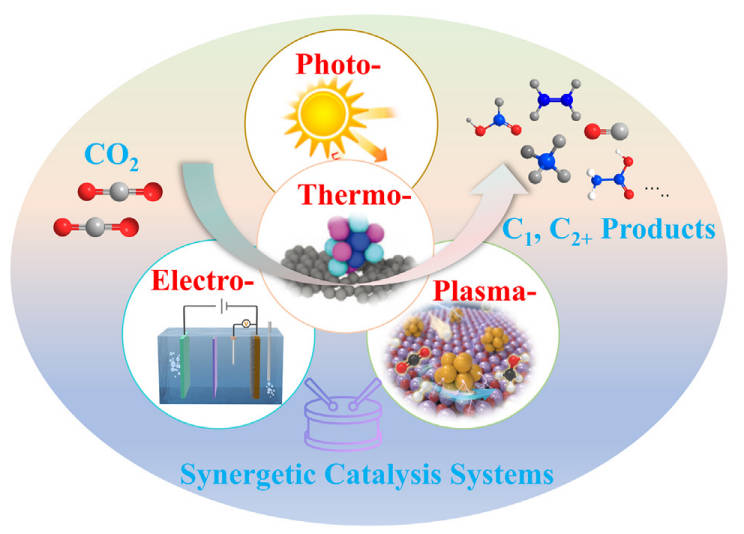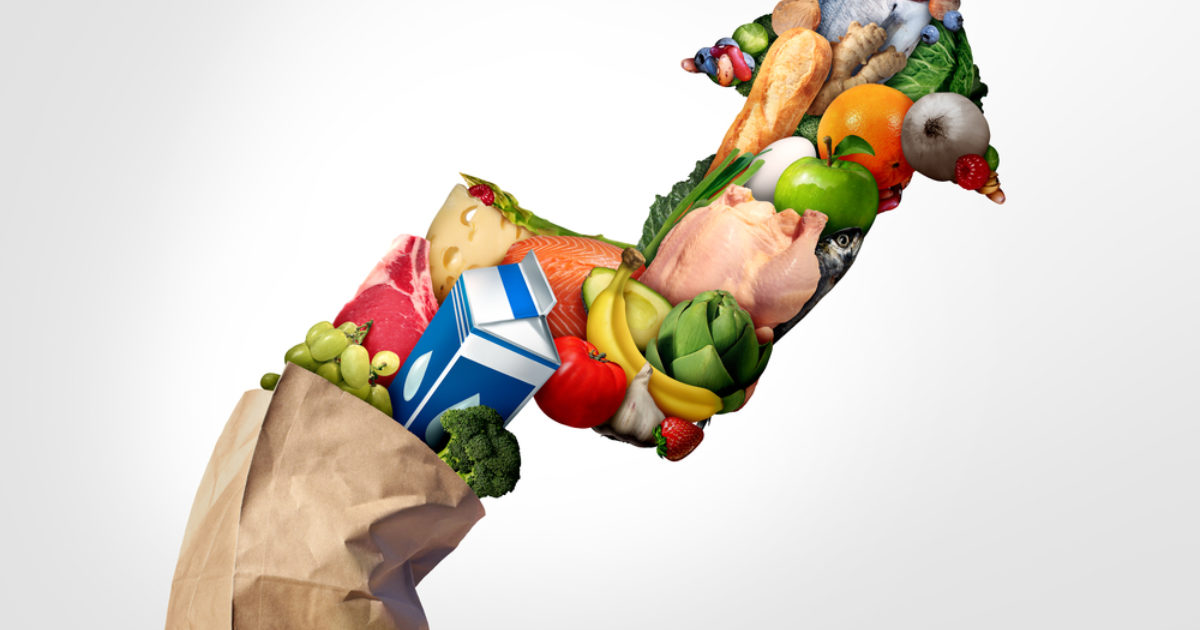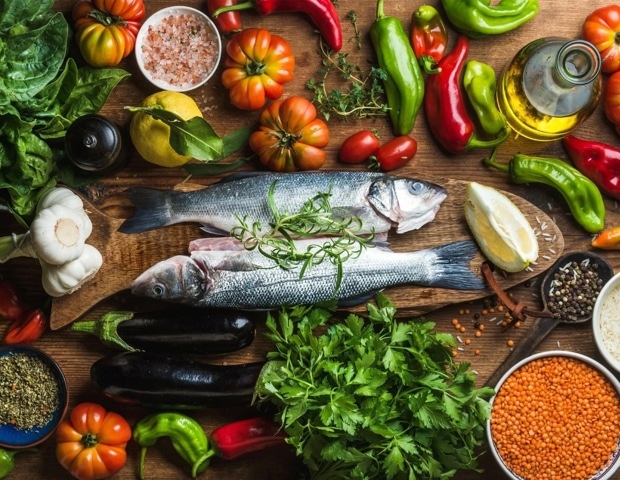Understanding transition
Further information regarding the EBRD’s approach to measuring transition impact is available here.
Business opportunities
For business opportunities or procurement, contact the client company.
For business opportunities with the EBRD (not related to procurement) contact:
Tel: +44 20 7338 7168
Email: projectenquiries@ebrd.com
For state-sector projects, visit EBRD Procurement:
Tel: +44 20 7338 6794
Email: procurement@ebrd.com
General enquiries
Specific enquiries can be made using the EBRD Enquiries form.
Environmental and Social Policy (ESP)
The ESP and its associated Environmental and Social Requirements (ESRs) set out the ways in which the EBRD implements its commitment to promoting “environmentally sound and sustainable development”. The ESP and the ESRs include specific provisions for clients to comply with the applicable requirements of national laws on public information and consultation, and to establish a grievance mechanism to receive and facilitate resolution of stakeholders’ concerns and grievances, in particular, about the environmental and social (E&S) performance of the client and the project. Proportionate to the nature and scale of a project’s environmental and social risks and impacts, the EBRD also requires its clients to disclose information, as appropriate, about the risks and impacts of projects or to undertake meaningful consultation with stakeholders and consider and respond to their feedback.
More information on the EBRD’s practices in this regard is set out in the ESP.
Integrity and compliance
The EBRD’s Office of the Chief Compliance Officer (OCCO) promotes good governance and ensures that the highest standards of integrity are applied to all of the Bank’s activities in accordance with international best practice. Integrity due diligence is conducted on all Bank clients to ensure that projects do not present unacceptable integrity or reputational risks to the Bank. The EBRD believes that identifying and resolving issues in the project assessment and approval stages is the most effective means of ensuring the integrity of Bank transactions. OCCO plays a key role in these protective efforts andhelps to monitor integrity risks in projects post-investment.
OCCO is further responsible for investigating allegations of fraud, corruption and misconduct in EBRD-financed projects. Anyone, either within or outside the Bank, who suspects fraud or corruption should submit a written report to the Chief Compliance Officer by email to compliance@ebrd.com. OCCO will follow-up all matters reported. It will review all matters reported. Reports can be made in any language of the Bank or of the Bank’s countries of operation. The information provided must be made in good faith.
Access to Information Policy (AIP)
The AIP, which entered into force on 1 January 2025, sets out how the EBRD discloses information and consults with its stakeholders to promote better awareness and understanding of its strategies, policies and operations. Please visit the Access to Information Policy page to find out what information is available from the EBRD website.
Specific requests for information can be made using the EBRD enquiries form.
Independent Project Accountability Mechanism (IPAM)
If efforts to address environmental, social or public disclosure concerns with the Client or the Bank are unsuccessful (for example, through the client’s project-level grievance mechanism or through direct engagement with Bank management), individuals and organisations may seek to address their concerns through the EBRD’s Independent Project Accountability Mechanism (IPAM).
IPAM independently reviews project issues that are believed to have caused (or to be likely to cause) harm. The purpose of the mechanism is: to support dialogue between project stakeholders to resolve environmental, social and public disclosure issues; to determine whether the Bank has complied with its Environmental and Social Policy or the project-specific provisions of its Access to Information Policy; and where applicable, to address any existing non-compliance with these policies, while preventing future non-compliance by the Bank.
Please visit the Independent Project Accountability Mechanism webpage to find out more about IPAM and its mandate and how to submit a Request for review. Alternatively, contact IPAM by email at ipam@ebrd.com for guidance and more information on IPAM and how to submit a request.






